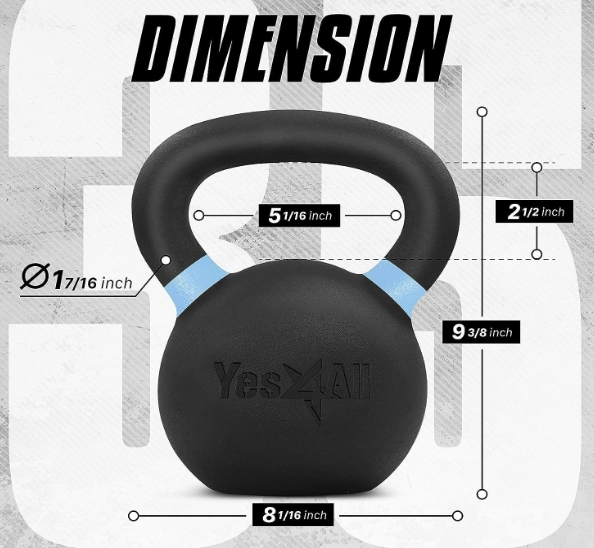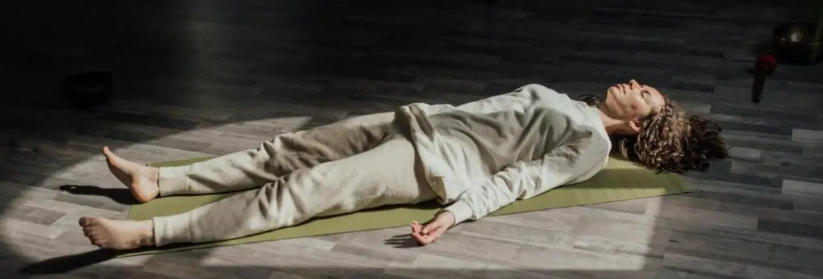Understanding Toxic Cookware.
Why PFAS, PTFE & “Forever Chemicals” Matter
PFAS (per‑ and polyfluoroalkyl substances)—commonly referred to as “forever chemicals”—were widely used in traditional nonstick coatings like PFOA and PTFE (Teflon) (Reddit). Though PFOA has largely been phased out since around 2013, PTFE coatings still exist in many products and can begin degrading around 260 °C, releasing fluorocarbon gases and other byproducts that have been linked to flu‑like symptoms (polymer fume fever) and toxic effects in sensitive animals (Wikipedia).
While modern PTFE cookware may be PFOA‑free and considered safe under normal use, overheating (especially above ~260 °C) or using damaged pans can release toxic fumes (Ideal Home). Long‑term exposure to PFAS is also under scrutiny for potential links to metabolic disruption and type 2 diabetes (Ideal Home).
That’s why many consumers now prefer cookware free from PFAS, PTFE, lead, and cadmium, opting instead for ceramic‑coated, stainless steel, cast iron, or carbon steel options.
Top 5 Non‑Toxic Cookware Sets (2025 Picks)
1. Caraway Ceramic Cookware Set – Best Overall
- PFAS‑/PTFE‑/PFOA‑/lead‑/cadmium‑free mineral‑based ceramic coating
- Aluminum core, oven‑safe to approximately 550 °F, compatible with all stovetops
- Stylish design includes magnetic pan racks and canvas lid holder
- Dishwasher use discouraged, premium price
The Caraway line is consistently praised for offering a safe, nonstick cooking experience with sleek aesthetics (Cookware Space).
Alternative Brand; Sensarte
2. GreenPan Valencia Pro – Best Ceramic Nonstick with Induction Compatibility
- Hard‑anodized aluminum body with Thermolon Minerals Pro ceramic coating
- Free of PFAS, PFOA, lead, cadmium; induction‑ready base
- Oven- and dishwasher-safe, metal‑utensil resistant coating
- Nonstick may fade over time; slightly heavy
GreenPan’s Valencia Pro earns top marks for safety, performance, lifetime durability, and induction stovetop usability (Cookware Space, Financial Times).
Alternative Brand; Calphalon
3. Xtrema 100% Ceramic Cookware – Purest Option
- Entirely solid ceramic (not ceramic‑coated metal), with no metals or toxic glazes
- Naturally nonstick, suitable for steam, microwave, stovetop (low/medium heat) and oven
- Fragile, heavy, slower heat-up; best for slow-cooking and reheating
Ideal for those wanting zero metal contact or chemical coatings in their cookware (Cookware Space).
4. Made In Stainless Steel Set – Top Durability & Performance
- Multi‑ply stainless steel (no coating), oven-safe up to ~800 °F
- Completely free of synthetic coatings; excellent heat control, long lifespan
- Learning curve with preheating and seasoning
An excellent investment-quality option; private-chef–recommended for serious home cooks (Gadgetry Kitchen, Naturally Non-Toxic).
5. Lodge Enameled Cast Iron – Classic Longevity with Minimal Toxic Risk
- Porcelain enamel over cast iron—no seasoning needed, relatively nonstick
- Oven-safe (~500 °F), brilliant heat retention—perfect for braises and stews
- Heavy and can chip if mishandled; enamel may leach cadmium or lead in poorly manufactured pieces
Well‑made enameled cast iron (e.g. Lodge) offers safe and lasting performance, but beware of lower‑quality versions that may contain heavy‑metal glazes (Wikipedia, Cookware Space).
Other Safe Alternatives Worth Considering
- GreenLife Soft Grip Ceramic Set (~16-piece, budget-friendly): PFAS‑free ceramic coating, dishwasher-safe, soft rubber handles; not great for high-heat cooking (EcoWatch).
- Misen 5‑Ply Stainless Steel 9‑Piece Set: Pro-level performance, durable, safe and oven‑friendly (Naturally Non-Toxic).
- Tramontina Tri‑Ply Stainless Steel 10‑Piece Set (sub‑$250): Highly praised for heat distribution and build quality; Ina Garten‑approved; excellent non-toxic option (Homes and Gardens).
Cookware to Be Cautious Of
- PTFE/Teflon-based nonstick cookware, especially older or overheated pans, can degrade and release harmful fumes at high heat (~260 °C+), potentially causing polymer fume fever and long-term PFAS exposure (Wikipedia).
- Cheap or imported enameled cast-iron sometimes use lead or cadmium‑based pigments—especially in vivid finishes—so it’s crucial to choose reputable brands that test for heavy metal safety (Wikipedia).
- New stainless steel cookware can leach nickel or chromium into acidic foods, though levels are generally low and not conclusively linked to cancer; people with nickel allergy or iron-overload conditions should be cautious (Wikipedia).
How to Choose Safely & Use Wisely
- Seek PFAS-/PFOA-/PTFE-free certification on packaging or company info.
- Prefer durable materials: ceramic coatings (Thermolon, ThermaKind), stainless steel, carbon or cast iron.
- Avoid overheating coated pans—keep cooking temperatures moderate and inspect regularly for wear.
- Use proper utensils: silicone or wood on ceramic; avoid metal on delicate coatings.
- Cook acidic foods cautiously in stainless—especially if you’re sensitive to nickel/chromium.
- Mind metal leaching: cast iron will leach dietary iron (beneficial for many, but avoid if you have hemochromatosis) (Ideal Home).
- Hand-wash when advised and follow care instructions to preserve lifespan and safety.
Final Thoughts
Non‑toxic cookware isn’t just a trend—it’s a shift toward health‑first, sustainable kitchen tools.
Whether you opt for a sleek Caraway set, the induction‑ready GreenPan Valencia Pro, pure ceramic Xtrema, heavyweight durability with Made In stainless steel, or the timeless performance of Lodge enameled cast iron, each offers a safer alternative to traditional PTFE-coated pans.
Just be mindful of overheating toxic coatings, choosing reputable brands (especially for enameled surfaces), and following proper care. With the right cookware, you can cook confidently—without worrying about toxic chemicals.
Steve

Some links on this site may be affiliate links, and if you purchase something through these links, I will make a commission on them.
There will be no extra cost to you and, you could actually save money. Read our full affiliate disclosure here.
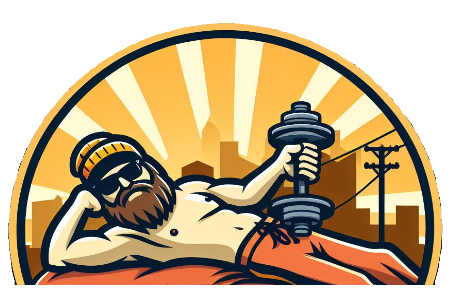
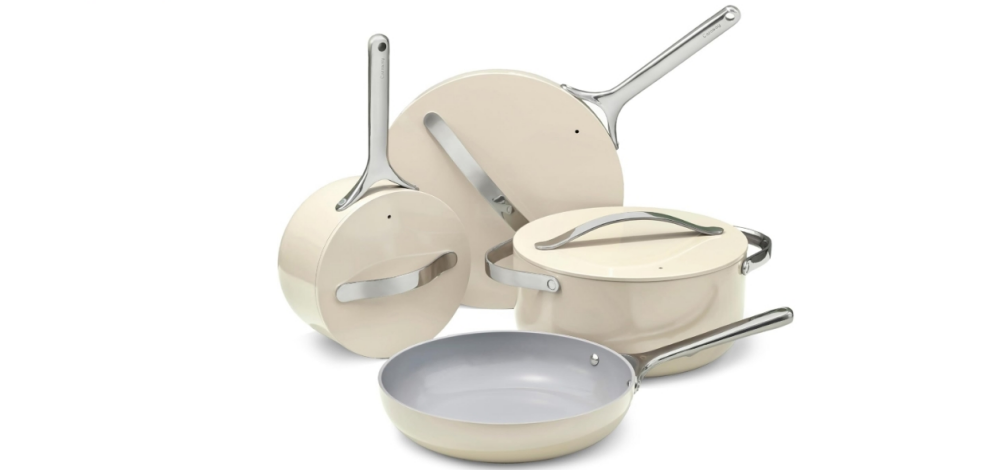


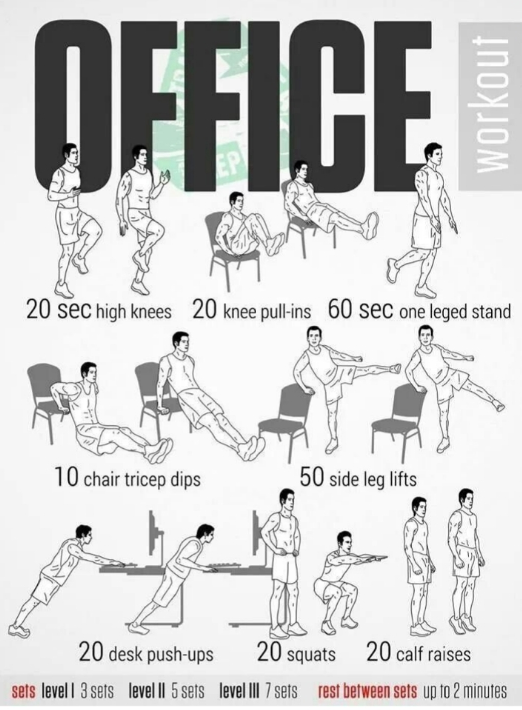
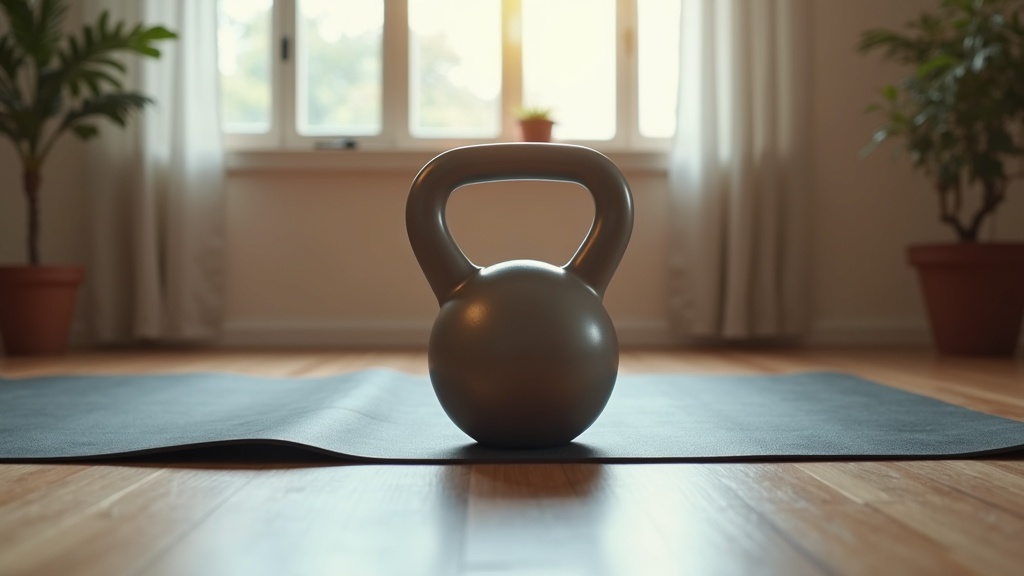
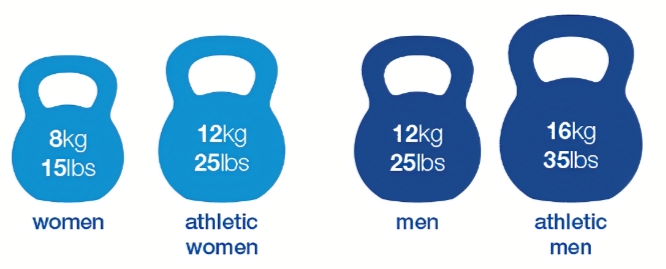 Quick visual guide
Quick visual guide